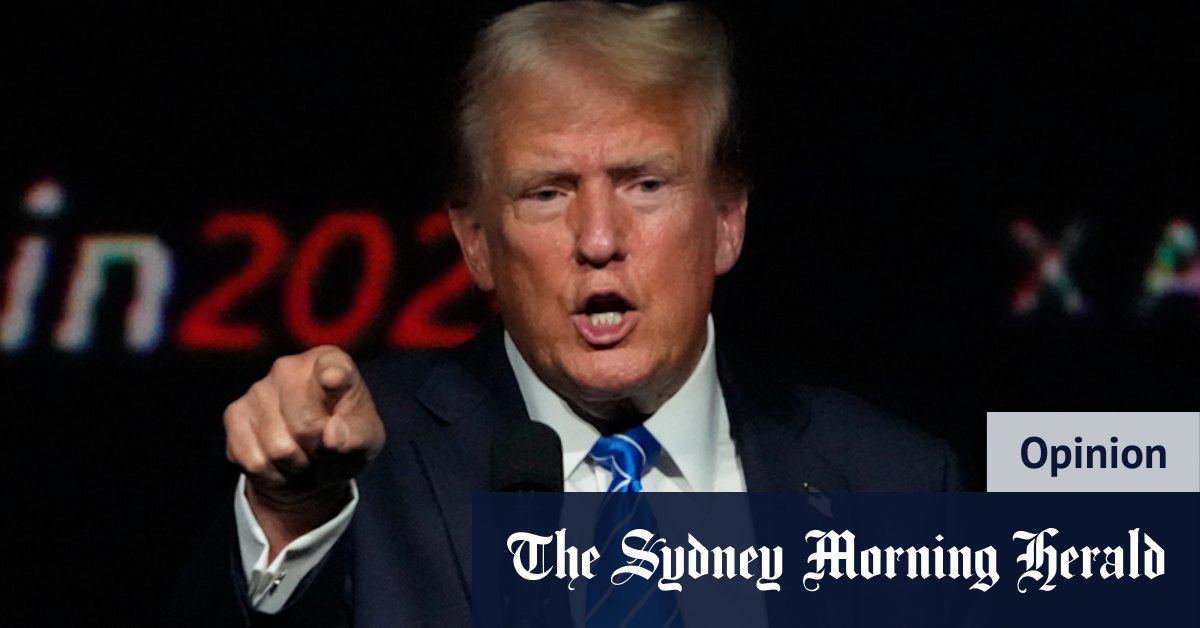London and Hong Kong: Gateways to Stronger UK-China Ties
The global trade landscape has witnessed significant transformation over the past year, with tariffs and cross-border investment becoming hot-button issues. As these shifts unfold, two cities—London and Hong Kong—are uniquely positioned to act as bridges between the United Kingdom and China, particularly in the financial services sector.
Adapting to Global Economic Uncertainty
Chris Hayward, Policy Chairman of the City of London Corporation, emphasizes the importance of not allowing global uncertainty to lead to inaction. Amidst economic realignments, London and Hong Kong stand out as financial powerhouses capable of facilitating deeper financial cooperation between the UK and China.
UK Chancellor of the Exchequer Rachel Reeves has expressed support for maintaining a respectful and transparent relationship with China. This approach prioritizes open dialogue about differences while identifying shared goals, especially in trade and investment. Without this cooperation, tackling global challenges becomes increasingly difficult.
Capital Market Reforms and Growth Opportunities
One of the UK’s focal points is reforming its capital markets to stimulate investment in startups and scale-ups. The City of London Corporation has played a key role in this initiative, notably through the Mansion House Accord. This agreement commits £50 billion (US$67.8 billion) from defined contribution pension funds to UK private markets by 2030, aiming to drive innovation and growth domestically.
Meanwhile, China is also reforming its pension system to address the needs of its ageing population. By developing a private pension framework known as the “third pillar,” China is creating new avenues for financial services providers. This includes banks, insurance firms, and asset managers—many of which could be international players based in the UK or Hong Kong.
Asset Management: A Shared Strength
The UK is home to the world’s second-largest asset management industry, trailing only the United States. This positions the UK as a natural partner for China as it opens up its financial services sector. Likewise, Hong Kong remains a key player in global asset management. By the end of 2023, the city managed approximately HK$31 trillion (US$4 trillion) in assets, reinforcing its role as a vital financial hub in Asia.
This mutual strength in asset management offers fertile ground for collaboration. As China’s pension market evolves, opportunities for UK and Hong Kong-based firms to contribute and benefit continue to grow.
Green Finance and Fintech: A Future-Focused Partnership
Beyond traditional finance, London and Hong Kong are at the forefront of emerging sectors like green finance and fintech. Both cities have demonstrated leadership in advancing sustainable financial practices and digital innovation, which are crucial for modernizing global financial systems.
Green finance, in particular, is an area ripe for joint development. With climate change posing a universal threat, collaborative efforts between the UK and China could drive the financial innovations needed to fund a sustainable future. Whether through green bonds, ESG investments, or carbon trading, London and Hong Kong have the expertise and infrastructure to lead the charge.
Importance of Sustained Collaboration
While geopolitical tensions and policy differences persist, the need for pragmatic and constructive engagement between the UK and China has never been more urgent. Financial services offer a nonpartisan platform to build trust and mutual benefit. London and Hong Kong, thanks to their global reach and institutional expertise, are well suited to spearhead this effort.
Chris Hayward concludes that continued collaboration between these financial centres is essential for fostering resilient and inclusive economic growth. By working together, London and Hong Kong can help shape a more connected and stable global financial landscape.
This article is inspired by content from South China Morning Post. It has been rephrased for originality. Images are credited to the original source.







